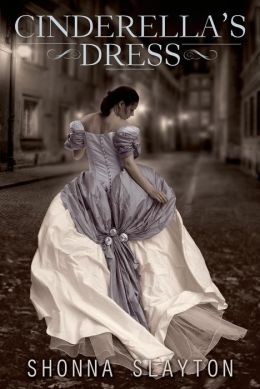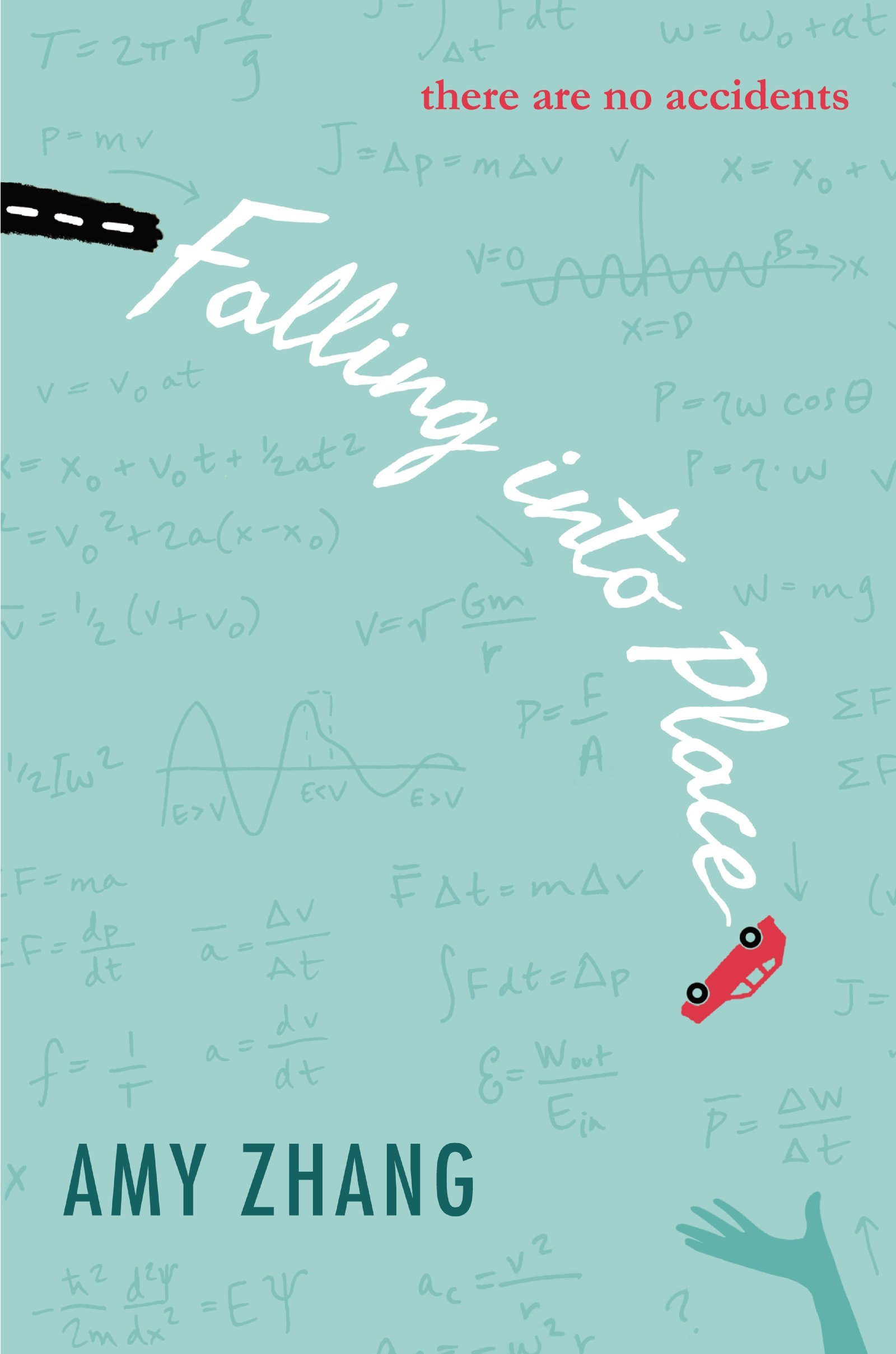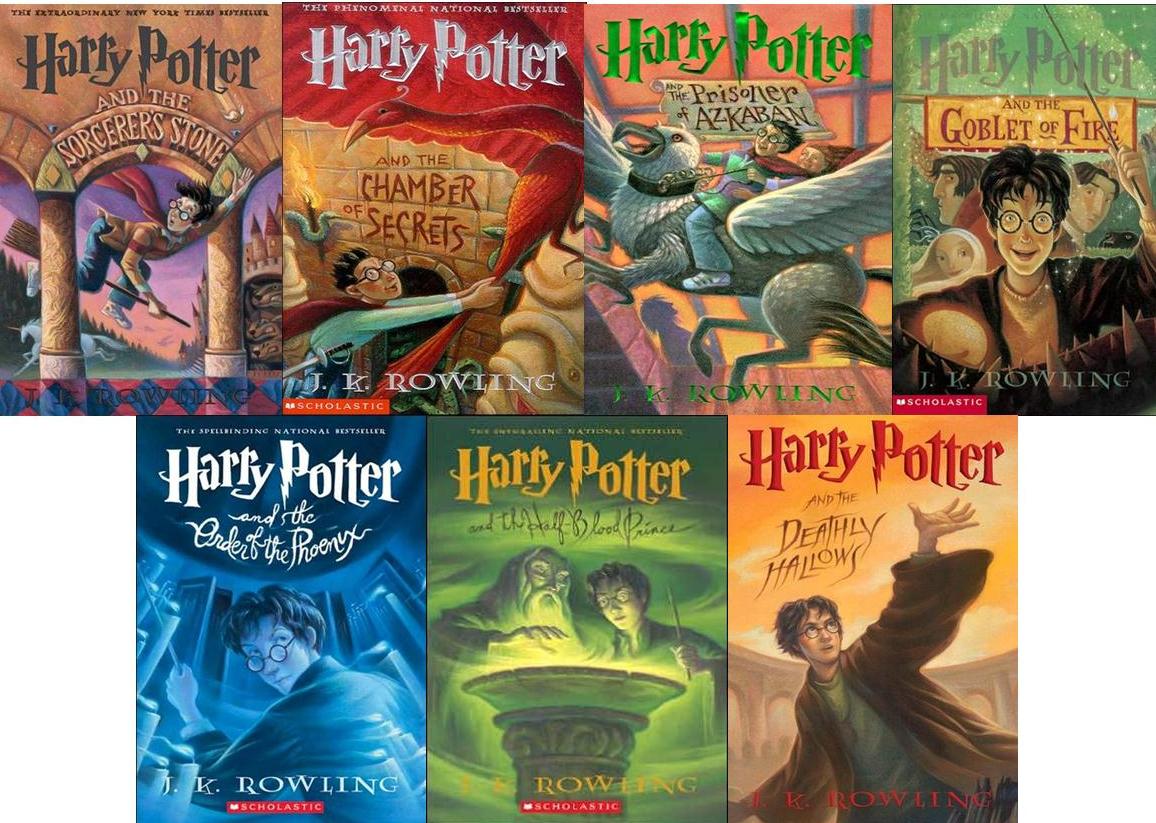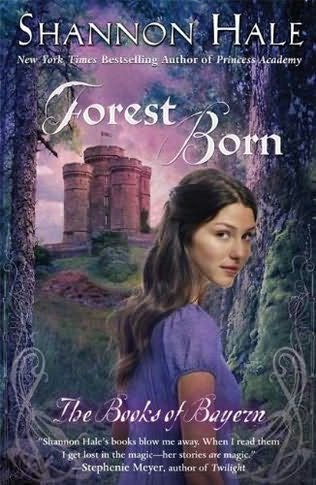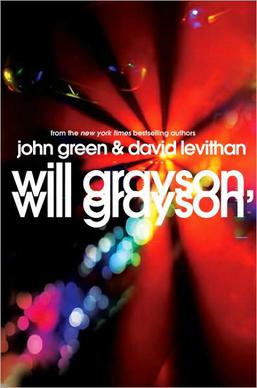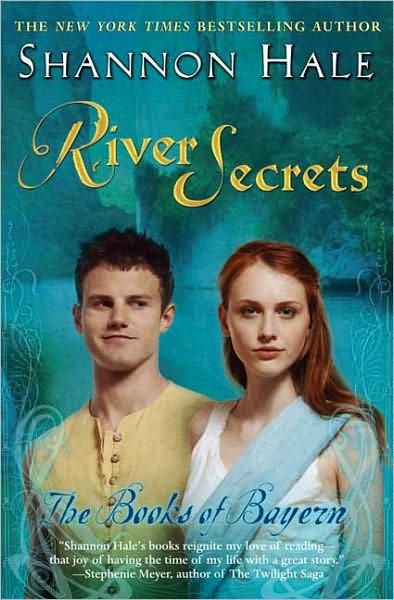Also, I'll probably be even more spoilery than usual in this review because oh my God.
Silver Shadows starts three months after the insane climax of The Fiery Heart. Sydney's still in solitary at the re-education center, while Adrian has fallen into total and utter drunkenness as a coping mechanism for not being able to locate her. Their disconnect isn't his fault, though - the Alchemists drug their detainees whenever they want them to sleep, because it keeps the prisoners disoriented and at their mercy. Sydney realizes she needs to get out of solitary in order to find a way to circumvent the drug, so she finally "admits" that she's sinned and wants to atone.
Life outside of solitary isn't a whole lot better, though. While she's at least getting consistent food, drink, and human contact, the other inmates avoid Sydney like the plague for the first few days because of her "sin," and she's still getting drugged every night. She tries to ask her new ally Duncan how to turn the pipes that pump the drugs in off, but he refuses to help her. It's Sydney's roommate, Emma, who tells her how to circumvent the system. Emma seemed coldhearted at first, but she's just as desperate to get out as everyone else, and Sydney promised she'd be able to get a message out that night if they could just turn the gas off.
Except Adrian doesn't pull her into a spirit dream like Sydney was expecting. She gets ostracized by the others for a week until Adrian finally appears, freshly sober and able to use his powers after a ridiculous bender. With help from Marcus and his contacts, they figure out that Sydney's in a center in Death Valley and make plans to break her and the other inmates free. The plan seems to be going off without a hitch-
-until Sydney doesn't appear with the last group of evacuees. She's being held in a super secure part of the facility that locks down in emergencies, and the Alchemists are prepared to let the people down there die rather than free them. So Adrian and the others take matters into their own hands and get Sydney themselves before driving off to their safe house.
Sydney finagles the arrangements so she and Adrian are driving by themselves, though, and convinces him to break away from the group so they can hide on their own - it's easier to hide two than twenty, after all. But then the Alchemists track them down in Vegas, prompting the couple to take some drastic measures to ensure Sydney will have protection from the Alchemist leaders.
Adrian and Sydney manage to make it back to Court, but they're only given a moment of respite before they're given word that another catastrophe has occurred. What are they going to do about it? We'll find out in book six.
I inhaled this novel, you guys. I got it at like six thirty last night and was finished with it by ten this morning. It was just so compulsively readable, and the stakes never really seemed to lessen at any point. The consequences changed, sure, but there were only brief moments where the characters could truly relax.
I'm still a big fan of Sydney and Adrian and their relationship, too. They're a really well-written example of people who are better together but not totally useless when they're apart, in my opinion. (I mean, maybe minus the times Adrian's blackout drunk, but he does manage to pull himself together again every time.) Sydney and Adrian would move heaven and earth to ensure the other was safe, and they're good at figuring out ways to use their respective strengths to do so. I want to see more of this in everything, please.
Also something I want more of? The scathing hatred of rapists in this book. There are multiple instances where the characters explicitly say that rape is not okay, and they're all written very well. Even Adrian references it in one scene, and he doesn't try to sympathize with the rapist or get overly defensive about how not all guys are like that. After the ridiculousness that was #NotAllMen, I was really happy to see this in one of my favorite series.
My hopes for book six: things finally become okay oh my God I cannot handle this kind of stress again.
Overall, Silver Shadows was interesting and engrossing and awesome and other complimentary words. It definitely wasn't a let down. Five stars.

